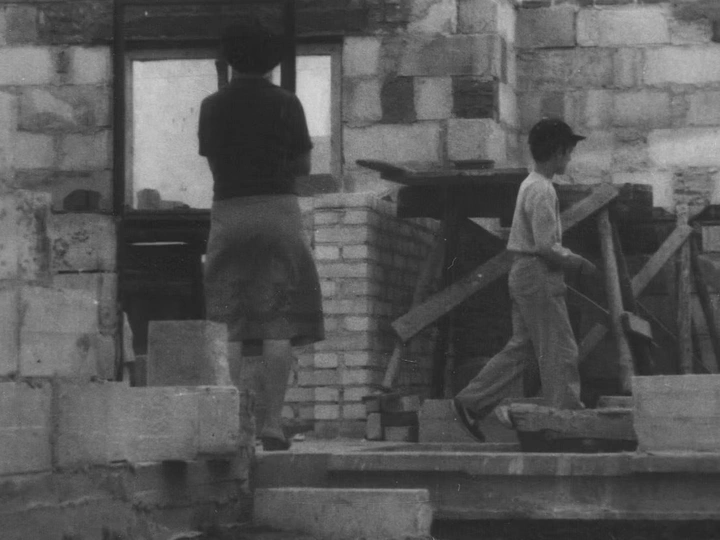Whispers of Home

I am an architect, academic researcher. My work focuses on developing the theory of Architecture of Care. A central theme in my work is repair: I advocate for transforming spaces by valuing what already exists, highlighting repair as an ecological and thoughtful design strategy. My research appreciates traces and stories embedded in places. I investigate how architecture can be understood as a living dialogue, with particular attention to the seams and sutures of the urban fabric, where care and closeness emerge as transformative forces. I discuss the concept of closeness as an essential part of dialogue and its possible supplementation with the idea of ethics of care.
Currently, I am developing a book of essays that blend personal narrative and phenomenological reflection to propose new ways of speaking about architecture, grounded in tenderness, responsibility, and attentiveness to the material and social life of places. This project is supported by an artistic grant from the Polish Ministry of Culture and National Heritage (2025).
I work at the Academy of Fine Arts in Warsaw, where I currently coordinate the International Conference New Narratives in Architecture (6-7 November 2025), which focuses on ethical, regenerative, and alternative design paradigms.
My practice combines artistic research, critical theory and pedagogy. I am co-author (with Agnieszka Kacprzak) of the „reserved project” in the competition for the curatorial design of the exhibition in the Polish Pavilion at the 18th International Architecture Exhibition in Venice in 2023. The title of our project was "The Place of Care". I was also holding a solo exhibition at the Dialogue Center M. Edelman in Łódź (2023) as part of the Łódź of Four Cultures Festival 2023 - "Tablecloths from Lodz. Embroidering patterns, telling stories". Through my research and creative practice, I seek to inspire new, care-centered approaches to architecture and urbanism that challenge dominant technocratic models.
My project is a book of essays that, through personal narrative and phenomenological reflection, proposes a new language, rooted in care, closeness, tenderness, and responsibility. Based on my experience of inheriting, caring for, and gradually redesigning a small 70's summer house built by my father, I explore architecture not as form but as a material, emotional, and social relationship.
I reflect on everyday gestures and spatial rituals often left out of architectural discourse: maintenance, care, embodied presence, intuition, and sensitivity to place. The project unfolds slowly. I write from the position of a “reflective practitioner” seeing the house as a living body and the design as a response rather than act of power or control. My thinking draws on Open Form theory, feminist ethical and spatial theory, and vernacular knowledge embedded in my father’s informal design practice.
This project is part of my ongoing exploration of architecture as a relational, ethical, and embodied practice.
I’m developing this book of essays thanks to an artistic grant from the Polish Ministry of Culture and National Heritage. Still in progress, the essays are being developed through drawing, field‑notes and personal memory and are prompting me to create my own artistic responses as a form of dialogue with my father’s masterpiece - a House. I aim to complete the manuscript by the end of 2025 and plan to publish it either as a printed book or a series of zines. Through LINA I wish to collaborate with researchers, curators, or publishers who share an interest in writing as spatial practice and the ethic of care. The project could evolve into public readings, site‑specific workshops, collaborative publications, or pedagogical modules.
This is a personal but shareable story about how architecture begins—with the scent of mirabelle plums, the roughness of a wall, or the shadow of a tree. And how what is quiet and intimate can carry collective meaning.